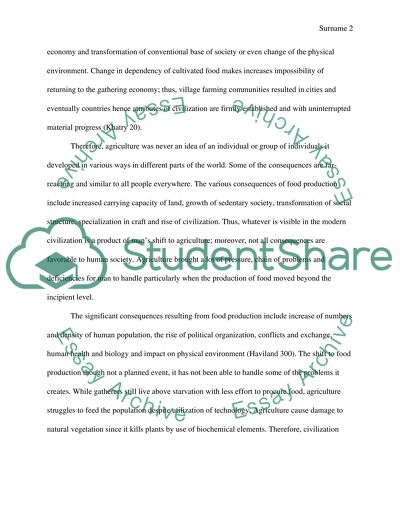Cite this document
(“Human Race Past and Future in Anthropology Essay”, n.d.)
Human Race Past and Future in Anthropology Essay. Retrieved from https://studentshare.org/anthropology/1476780-anthropology
Human Race Past and Future in Anthropology Essay. Retrieved from https://studentshare.org/anthropology/1476780-anthropology
(Human Race Past and Future in Anthropology Essay)
Human Race Past and Future in Anthropology Essay. https://studentshare.org/anthropology/1476780-anthropology.
Human Race Past and Future in Anthropology Essay. https://studentshare.org/anthropology/1476780-anthropology.
“Human Race Past and Future in Anthropology Essay”, n.d. https://studentshare.org/anthropology/1476780-anthropology.


